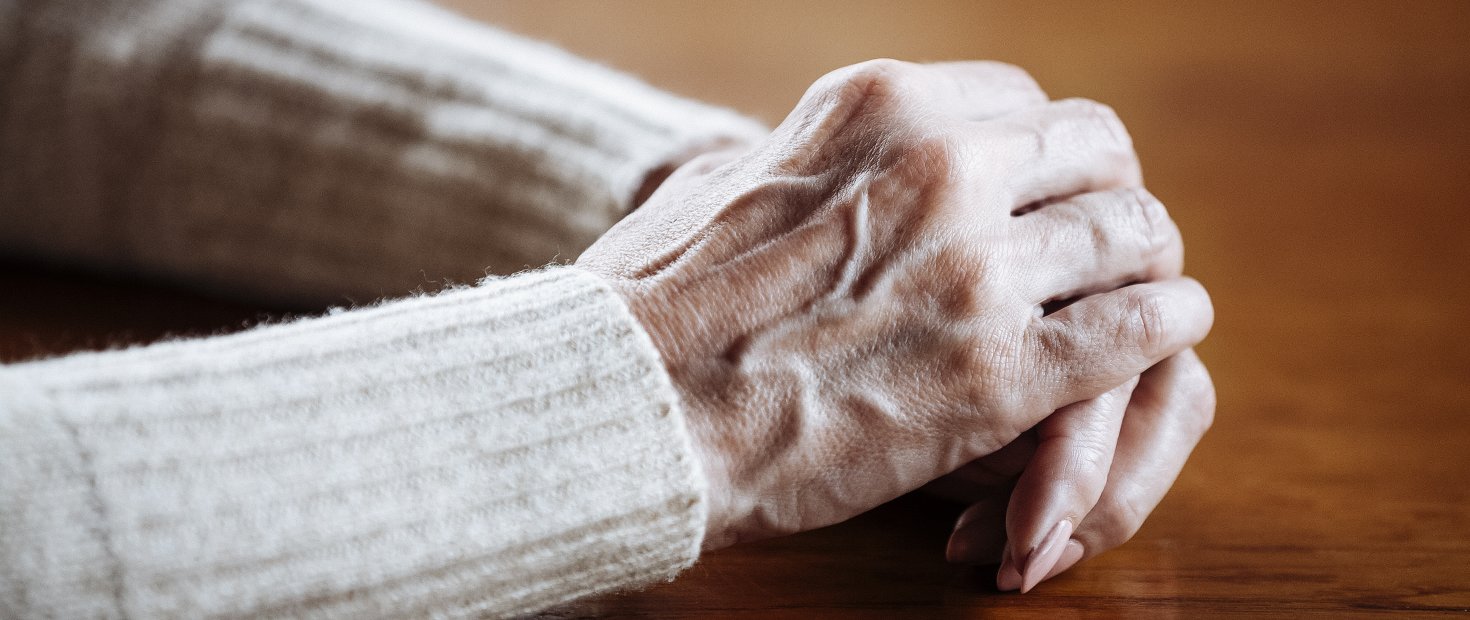Treament of Autonomic Disorders in Parkinson's Disease
Staying independent with Parkinson's, feeling well and actively participating in everyday life - we want to achieve these goals for our patients. In addition to maintaining mobility and mobility, these include above all the improvement of concentration, attention, the reliable function of the stomach, intestine, bladder and circulation. The treatment recommendations therefore include a special physiotherapy exercise program, the logopedic treatment as well as the training of memory and concentration. The nutritional recommendations aim at both the optimal effect of Parkinson's medication, the support of intestinal activity and adequate nutrition. In the course of Parkinson's disease, we ensure a safe swallowing and mediate the swallow training under logopedic guidance.
For a strong cardiovascular circulation in Parkinson's disease
Life quality in Parkinson's disease to a significant extent depends on a strong cardiovascular circulatory system. This determines the ability to focus the attention and memory as well as physical fitness and mobility. This includes adjusting the medication and dosages taken so far, so that side effects that cause dizziness are avoided as far as possible. However, before drugs are specifically used to strengthen the circulation, we first take all non-drug measures and aids that reduce dizziness and orthostatic discomfort.
How do I exercise correctly? Beginning a daily exercise program is easier when under specific guidance by physiotherapists. We will gladly coordinate this for you. In the long term, the motivation for cardiovascular training can be strengthened considerably in a group setting for example, in the context of rehabilitation sport. For this we have got specific recommendations for you. Few targeted behavioral recommendations and easy exercises to strengthen the leg muscles can make the cardiovascular circulation more stable and independent.
For control of the bladder in Parkinson's disease
What can be done for the improvement of bladder function in Parkinson's? For this we work closely with neurourological colleagues. We check whether medication can be individually optimised. these will be combined with non-drug recommendations and remedies. The spectrum of treatment methods is varied and ranges from bladder training to the use of medication to neuromodulation. In order to support patients as care companion we regularly check for treatemtn success. The ANS Clinic offers an electronic diary to her patients.
Pain free in Parkinson's disease
What can be done for better bladder function in Parkinson's? For this we work closely with neurourological colleagues and check whether already the conversion of the existing drug treatment and some non-drug recommendations remedy. The spectrum of treatment methods is varied and ranges from bladder training to the use of medication to neuromodulation. To accompany the success of the treatment, the ANS Clinic offers an electronic diary to your patients.
Restful sleep in Parkinson's disease
Sleep disorders can accompany the early phase of Parkinson's disease and increase in frequency as the disease progresses. That's why we pay special attention to improving your sleep. Based on sleep disorders in the context of Parkinson's disease is clear, how much the physical and psychological well-being during the day can depend on the nocturnal recovery. Often disturbances due to frequent nocturnal bladder emptying, reduced mobility, nocturnal respiratory disturbances with snoring but also nightmares, accompanied by restlessness and violent movements, contribute to this. To specifically address the cause of non-restorative sleep, we use sleep diagnostics and a wide range of options, ranging from non-drug recommendations for sleep improvement, drug treatment to respiratory mask treatment to prevent nocturnal oxygen deficiency and various relaxation techniques.

„You have questions about ANS Clinic or would like to make an appointment? I'm happy to help.“
Prof. Dr. Med. Christina Haubrich


